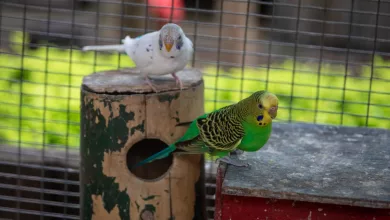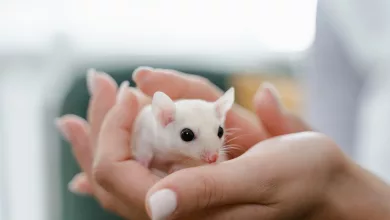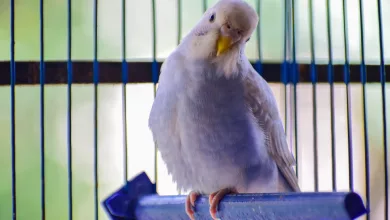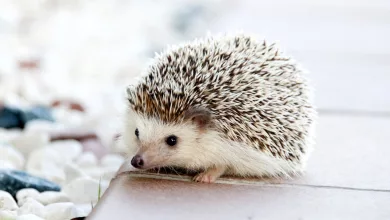Exotic pets can be fascinating, beautiful, and rewarding to care for—but they’re not like your average dog or cat. They often have unique needs and require more specialized care. Whether you own a bearded dragon, parrot, tarantula, or sugar glider, this guide will help you understand how to keep them healthy and happy.
Know What You’re Getting Into
Before bringing home an exotic pet, research is everything. Understand their lifespan, diet, behavior, space needs, and common health issues. Some species live for decades or require highly specific environments. You don’t want surprises after the fact.
Set Up the Right Habitat
Exotics often need custom enclosures. This might include specific heat, humidity, lighting, or climbing space. For example, reptiles need heat lamps and UVB lighting, while tropical birds need space to fly and enrichment activities to stay stimulated. Invest in the proper habitat from day one—it’s essential to their survival.
Feed Them the Right Diet
A poor diet is one of the most common reasons exotic pets become ill. Many need a mix of fresh fruits, vegetables, insects, or specially formulated pellets. Do not guess—consult a vet or reliable care guide to ensure you’re meeting all their nutritional needs.
Find an Exotic Vet
Not all vets are trained to treat exotic animals. Before any health issues come up, find a local veterinarian with experience in exotic species. Regular check-ups can catch problems early and help you get expert advice tailored to your pet.
Understand Legal and Ethical Responsibilities
Some exotic pets are restricted or require permits. Always check local and national laws. Also, consider the ethics—some species are captured from the wild or bred in poor conditions. Try to adopt or buy from responsible, humane breeders or rescues.
Handle With Care
Many exotic animals don’t enjoy frequent handling, and improper handling can lead to stress or injury. Learn the best way to interact with your specific pet, and give them plenty of time to adjust to your presence. Respect their boundaries and understand their body language.
Enrichment Matters
Even reptiles and amphibians benefit from mental stimulation. Hiding spots, climbing structures, varied food presentation, and environmental changes can keep your pet engaged and reduce stress or boredom-related issues.
Be Prepared for the Long Haul
Exotic pets often live longer than people expect. Tortoises can live 50+ years, parrots even longer. Know what kind of long-term commitment you’re making and plan accordingly, especially for pets that may outlive you.
Final Word
Exotic pets are not for everyone, but with proper care, they can thrive and become a rewarding part of your life. Do your research, stay committed, and always prioritize the animal’s well-being over novelty. When you treat them right, exotic pets can offer a one-of-a-kind companionship experience.




